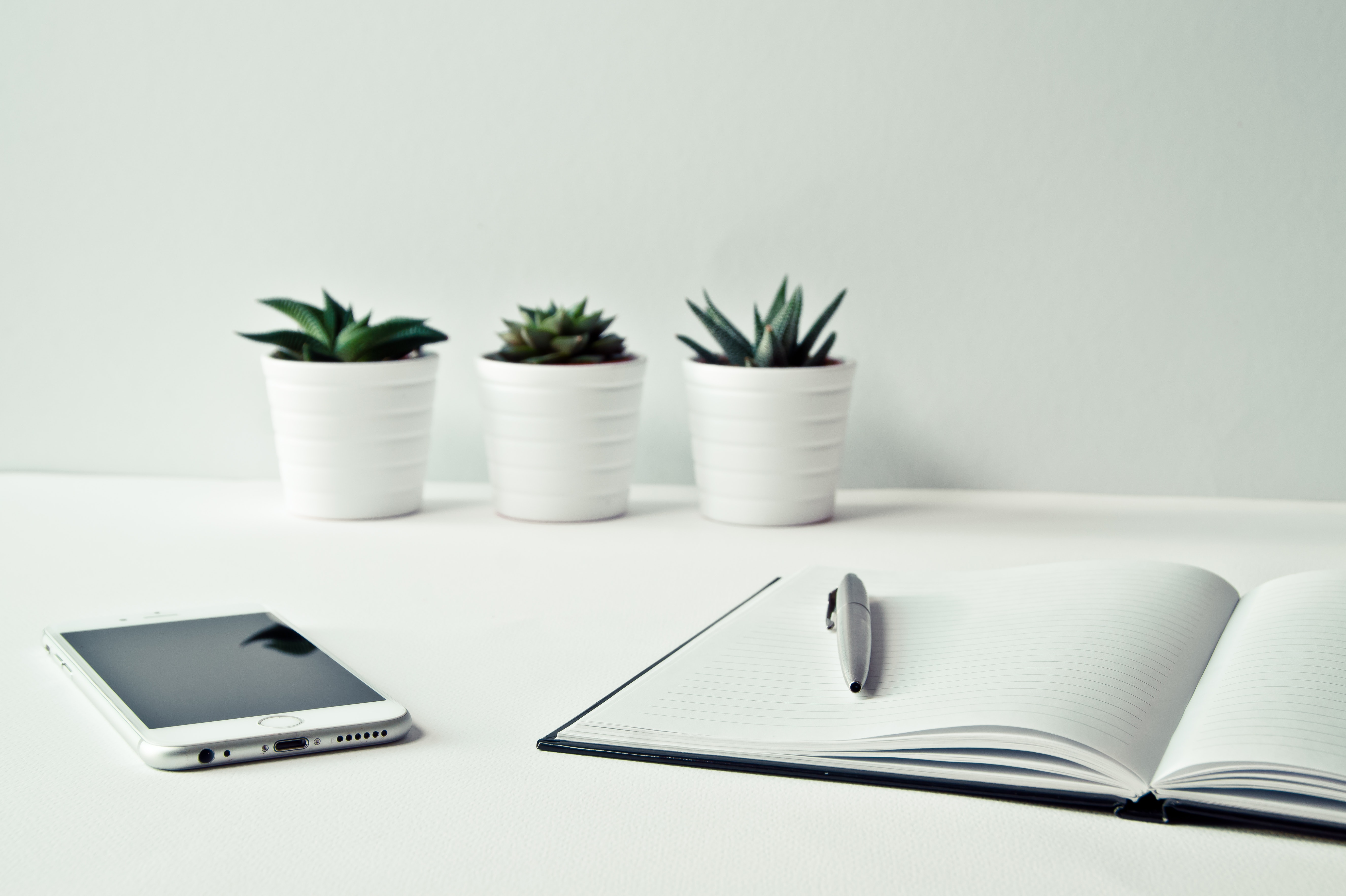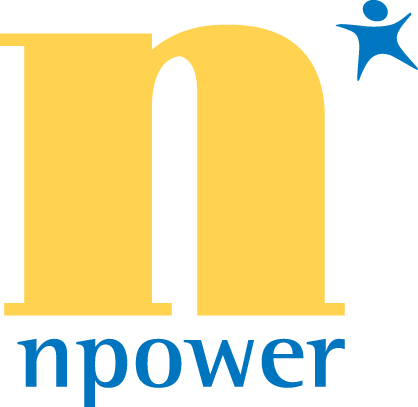For many right now, adapting to and managing a home-based office is the new norm. I’ve been thriving in this work environment for decades so I thought I’d offer some simple yet effective habits to be more productive, effective, and healthy at work. Here are a few nuggets – experiment and keep what works for you!
Set boundaries.
Create a dedicated workspace so all of your materials and supplies are easy to find and use. Losing paperwork and materials will only cause frustration and waste time. Let others in your household know when you’re power-working. When I worked at a university I had a little sign on my door with my “open door policy.” That sign indicated that if the door was wide open, come on in! I’m ready and willing to be interrupted and enjoy your company. If the door was closed halfway, I’m focused but can be interrupted for important questions and conversation. Finally, if the door is closed, I’m power-working. I can’t and don’t want to be interrupted because I have a looming deadline or need to focus on the project at hand. Other colleagues who don’t have a door and work in cubicle-land, printed photos of a traffic signal and told people Red light = stop. Do not enter. Do not interrupt. Yellow light = exercise caution. Knock gently but know I’m focused and don’t have time for a lot of chit chat. Green = go. Extrovert with me!
Watch your coffee intake.
When you make a pot of coffee at the office, you’re sharing the whole pot with others. When you’re at home, you can accidentally consume 12 cups. I might be talking from bad experiences here… ?
Take breaks – physical, mental, meals.
If you took snacks to the office, you probably measured out the number of Wheat Thins in a baggie. You may have brought one apple and one banana. Now you’re in your home with an entire pantry and refrigerator right in the next room. It’ll be easy to stand in front of those giant vessels of food and snack more than you normally would. Plan your snacks. Every day I have a small snack at 10 a.m. to break up my morning. I call it a “Tennie.”
An association client of family physicians once told me, “Sitting is the new smoking.” Be sure to take physical stretch breaks so you don’t spend hours on end hunched over your desk. Even if you have to set a timer, get up and move at least once an hour; preferably more. Sometimes I have to set an alarm on my phone to remind me to do that.
Mental breaks can be overlooked but equally, if not more, important. During these stressful times when people can’t stop talking about how social distancing is affecting them, take care of your stress levels and pay attention to your own anxiety. If you’re up to your eyeballs in posts, newscasts, and friends/family talking about the virus, let them know and focus on self-care. Moving meditations like a quick walk around the block work for me. Use simple apps like Calm, Breathe, Simple Habit, and Down Dog all offer short (or long) guided meditations to clear and calm your mind.
Calendarize what’s important to you.
When you find yourself saying, “We should do lunch,” to a colleague or want to get together for coffee, add it to your calendar. I’ve set Zoom and Google Hangout dates with others so I see faces, work collaboratively, connect as humans and not just voices on a phone, and laugh.
What’s important to me during this time is to support small businesses. I’ve committed to ordering take-out from my favorite mom-and-pop restaurants and “have lunch” while on those calls with friends, family, and close colleagues. Heck, I would have gone out to lunch with them anyway, but now I’m eating across from them at my desk and not in the restaurant.
Bookend your day.
This is a critically helpful tip that I’ve used for years. At the beginning of each day I review my daily and weekly to-do list and reset by creating a realistic course of action for the day. I focus my first few hours on the important work, then I start email. Long ago I read Julie Morgenstern’s book, “Never Check Email in the Morning.” Basically, she said that email is an “uninvited guest” and just because it lands in your in-box doesn’t mean it’s the most important thing to address. It’s a helpful message, even for those of us in member service industries.
Finally, I end my day by filing papers, clearing my desk, and making tomorrow’s to-do list. It’s a great way to transition to dinner and my family since the commute is basically 20 steps away. Without a drive home from a workplace, I need that time to decompress and switch my brain to home-mode. And, the next day I get to start all over with a clear, uncluttered desk.
Hang in there!
#Acknowledge20
Photo by Ylanite Koppens from Pexels
